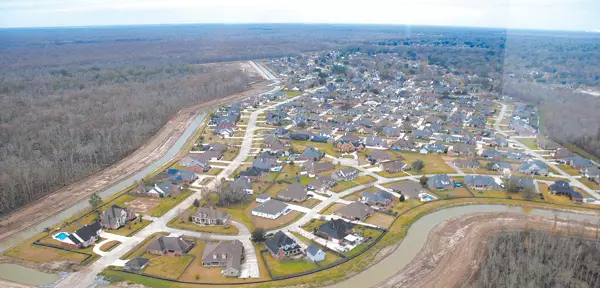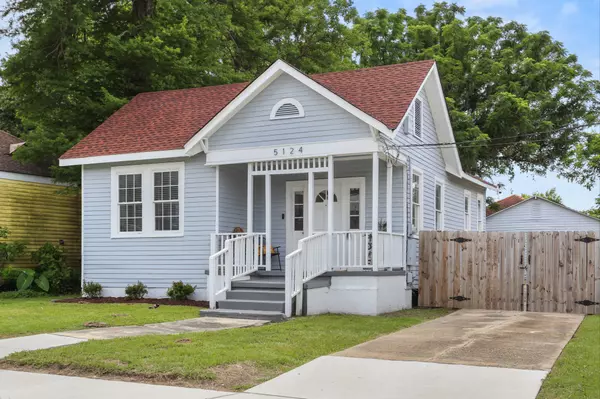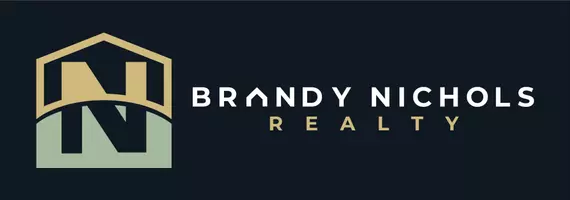Understanding Closing Costs When Purchasing Your Dream Home

Understanding Closing Costs When Purchasing Your Dream Home
Congratulations, homebuyer-to-be! As you embark on the exciting journey of purchasing a new home, it's essential to be prepared for one critical aspect of the process: closing costs. These costs are additional expenses that arise at the end of the homebuying journey, and they can have a significant impact on your budget. In this article, we'll shed light on closing costs, what they encompass, and what to expect when it's time to seal the deal on your dream home.
-
What are Closing Costs? Let's start with the basics, y'all. Closing costs refer to the fees and expenses associated with finalizing a real estate transaction. They typically include a variety of charges from various parties involved in the homebuying process, such as lenders, attorneys, and title companies. It's important to note that closing costs can vary depending on factors like location, property type, and loan amount.
-
Breakdown of Common Closing Costs: Now, let's dive into what you can expect to encounter when it comes to closing costs. Here's a breakdown of some common expenses you may encounter:
- Loan Origination Fees: This covers the lender's administrative costs for processing your loan application.
- Appraisal Fees: These cover the cost of assessing the property's value to ensure it aligns with the loan amount.
- Title Insurance: This protects the lender and buyer against any legal claims or issues related to the property's ownership.
- Escrow Fees: These cover the costs associated with holding funds and necessary documents during the closing process.
- Attorney or Closing Agent Fees: If an attorney or closing agent is involved in the transaction, their fees may apply.
-
Estimating and Budgeting for Closing Costs: It's crucial to be prepared for closing costs, as they can add up to a significant sum. Before closing day arrives, it's wise to estimate your potential closing costs and factor them into your overall budget. Your lender or real estate agent can provide you with an estimate based on your specific circumstances, allowing you to plan accordingly and avoid any surprises.
-
Negotiating Closing Costs: While some closing costs are non-negotiable, there may be opportunities to discuss and potentially reduce certain fees. For instance, you can shop around and compare offers from different service providers, such as title companies or insurance providers, to find the best rates. Additionally, you can discuss closing cost credits or ask the seller to contribute toward the closing costs as part of your negotiations.
-
The Big Day: Closing Day: When the day finally arrives to sign those papers and close the deal, it's important to review your closing disclosure statement and understand the breakdown of the closing costs. Take your time to read and ask questions about any charges you may not understand. Your real estate agent, lender, or closing agent will be there to guide you through the process and ensure everything is in order.
Closing costs are an integral part of the homebuying process that shouldn't be overlooked. By understanding what closing costs entail and budgeting accordingly, you can be better prepared for this financial aspect of purchasing a home. Remember to discuss estimates with your lender, consider negotiation opportunities, and review all documents thoroughly on closing day. With this knowledge in hand, you'll be ready to navigate the exciting path to homeownership with confidence!

Categories
Recent Posts











"My job is to find and attract mastery-based agents to the office, protect the culture, and make sure everyone is happy! "
GET MORE INFORMATION
